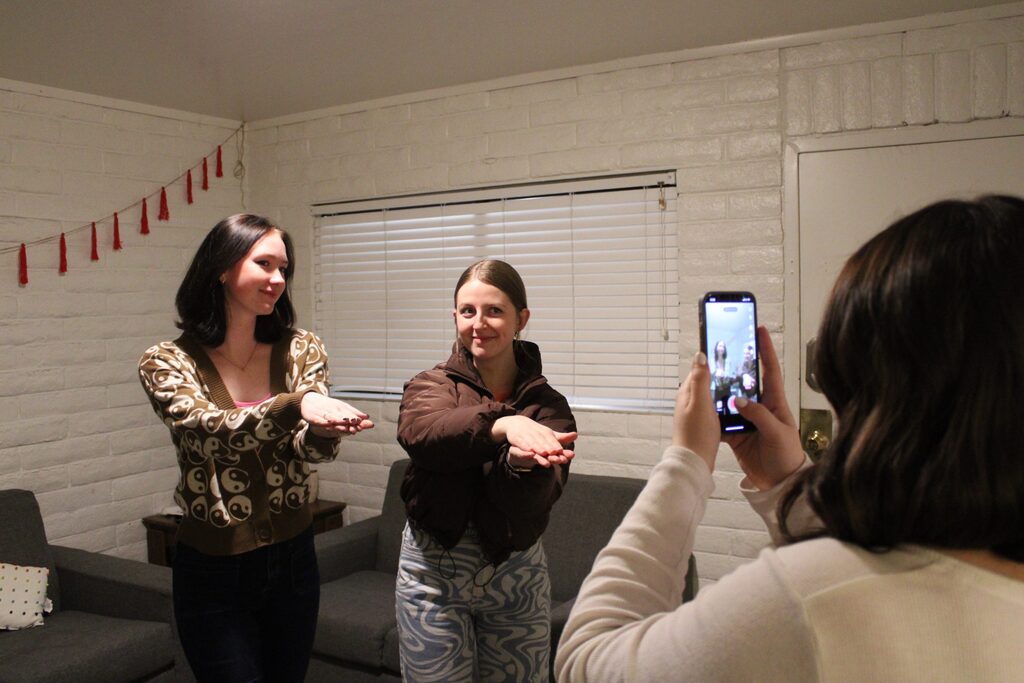The wellness industrial complex is a marketing scheme designed to deplete our wallets and damage our sense of self worth.
The concept of wellness, which can be described as incorporating “healthy habits” to gain “better physical and mental health outcomes,” has been co-opted by influencers and celebrities and transformed into an industry worth $4.2 trillion.
The wellness industrial complex sells people on the false narrative that they need to purchase wellness items like detox teas or healing crystals to improve their quality of life. Often, these products are not rooted in science-based medicine, but rather, pseudoscience.
For example, Gwyneth Paltrow’s wellness company, Goop, has become synonymous with the wellness industrial complex due to unfounded claims the company has made regarding the benefits of its products. Goop faced a lawsuit in 2018 over making “false and misleading health claims” about its products. One claim made by the company stated its “Nutrafol Women’s Balance” vitamin could treat issues associated with menopause, including “hair loss and hormonal imbalance.” A one month supply of the vitamin has a high price tag of $88.
Not only are these wellness products breaking the bank, but they can become deadly if used in place of actual medicine. Wellness companies tout that their products can prevent depression or cure ailments like like cancer. False advertising reaches individuals who have had bad experiences with the medical system, which may lead them to use these bogus products to combat illnesses requiring professional care.
The wellness industrial complex profits off people’s insecurities regarding their bodies by centering thinness as the ideal healthy body type. The industry equates being thin with being healthy, which is inherently fat-phobic. The size of someone’s body can’t determine health yet the industry tries to strike a sense of fear in people about becoming fat. Wellness is now associated with morality, and if you’re thin, you’re somehow better than someone who is fat.
The industry teaches people to not only hate their bodies, but it actively endorses disordered eating habits. Wellness influencers encourage cutting out entire food groups, going on juice cleanses and categorizing foods as good or bad.
Growing up I read countless wellness magazines that convinced me eating ice cream or cake was detrimental to my health. As a result, I became obsessed with eating strictly clean foods, and I heavily restricted my calorie intake. I was so infatuated with being healthy that I developed an eating disorder that damaged my health and self-esteem.
Wellness isn’t as black and white as the wellness industrial complex makes it out to be. Wellness is individual to each person’s needs and isn’t one-size-fits-all. Some people lift weights and make green juice, which makes them feel good. Other people feel better going on a daily walk and having chocolate as their late-night snack. What works for one person doesn’t work for everyone. Wellness is a holistic approach to health that factors your physical, cognitive, emotional and social needs. It can’t be bought in the form of a product or specialty supplement.




